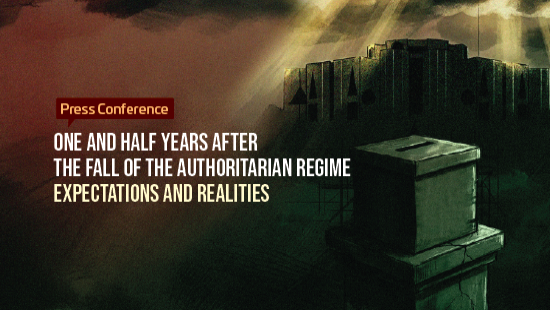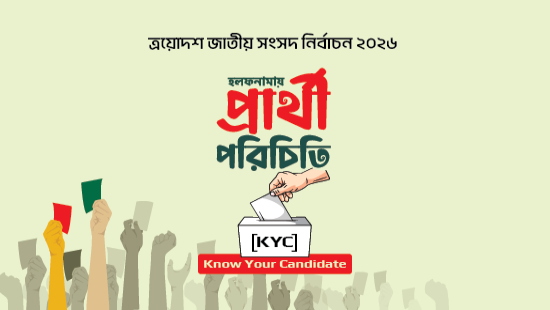Dhaka, 3 April 2024: Transparency International Bangladesh (TIB) and Article 19 have welcomed the initiative to formulate a draft of the National Artificial Intelligence (AI) Policy 2024. However, these two international entities have voiced grave concerns over the complete exclusion of civil society organisations, particularly those working on citizens' rights and the rule of law, from the process of formulating and reviewing this critical policy. Such exclusion undermines the importance of these fundamental rights and the impact this policy will have on every citizen in the country. The government's intention to potentially disregard the human rights aspects of the national AI policy is further underscored by the exclusion of organisations working on human rights and good governance from the April 3rd discussion on the draft policy.
Transparency International Bangladesh (TIB) and Article 19 Bangladesh have expressed their concern over this omission and have demanded the inclusion of all relevant stakeholders, particularly human rights organizations, in every stage of the policy formulation process. In a joint statement, TIB and Article 19 have mentioned that the draft of the AI policy has been chiefly formulated by taking into account the AI-centric experiences of various countries. The draft has emphasised issues like government services, administration, and judicial systems, telecommunications, surveillance, etc, in the context of Bangladesh. But, it lacks a clear discussion on the multifaceted impact of the policy on the country’s people. Besides, the issue of involving any person or organisation, working on citizens’ rights, has been ignored in formulating the draft. While TIB and Article 19 appreciate the potential inclusion of the rule of law and human rights in clause 3.6 of the draft AI policy as a basic principle, they express deep concern about the complete absence of these crucial aspects in other key sections. This omission, particularly in areas of emphasis, implementation strategy, and challenges faced, poses significant risks and is unacceptable.
On the other hand, according to the draft of the National Artificial Intelligence Policy, an independent National AI Centre would be formed, including the departments and agencies concerned, along with the establishment of a National AI Advisory Council. But, almost all the members of the council, including its advisor and chairperson, are the representatives of different government entities. It raises questions regarding the independence of the council, and simultaneously issues like protecting human rights and citizens’ data become insignificant. Faced with these shortcomings, TIB and Article 19 have called upon the government to institute a time-bound work plan for revising the draft National AI Policy. Additionally, they emphasise the necessity of including relevant experts and representatives from human rights organisations throughout every step of the policy formulation process. Furthermore, the establishment of an AI Advisory Council that incorporates these stakeholders is crucial to ensure a comprehensive and rights-respecting policy.
These combined threats, coupled with the possibility of state surveillance, create a significant risk of privacy breaches, jeopardising personal data protection and citizens' fundamental right to privacy. Clause 4.2.6 of the draft AI policy raises serious concerns about the potential for an AI-powered surveillance system. While the stated goal of national security is understandable, such a system could lead to the creation of a "police state" through extensive state monitoring and analysis of citizens' data. Furthermore, by formalizing citizen surveillance through policy, the government risks violating fundamental human rights protections. TIB and Article 19, in a joint statement, have demanded a complete redrafting of the policy to remove any surveillance measures and ensure its alignment with the principles of rule of law and human rights.
| Media Contact: | ||
|
Sheikh Manjur-E-Alam |
Mohammad Tauhidul Islam |
|






